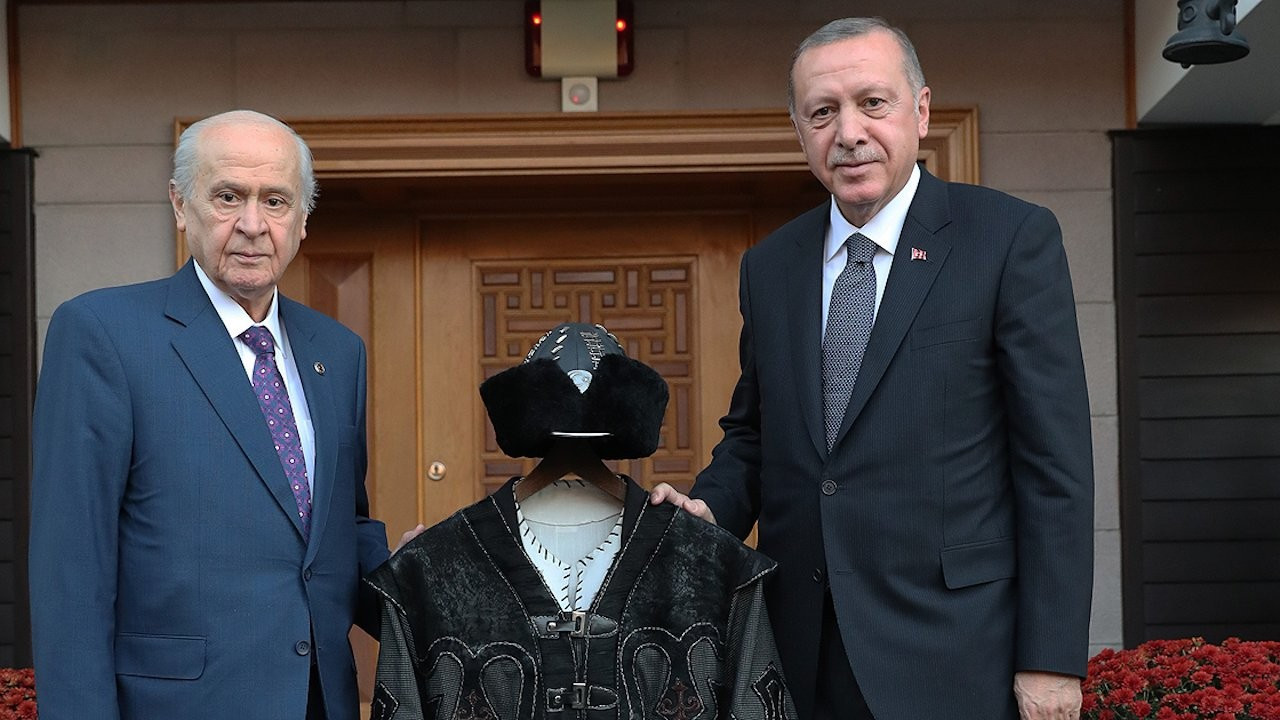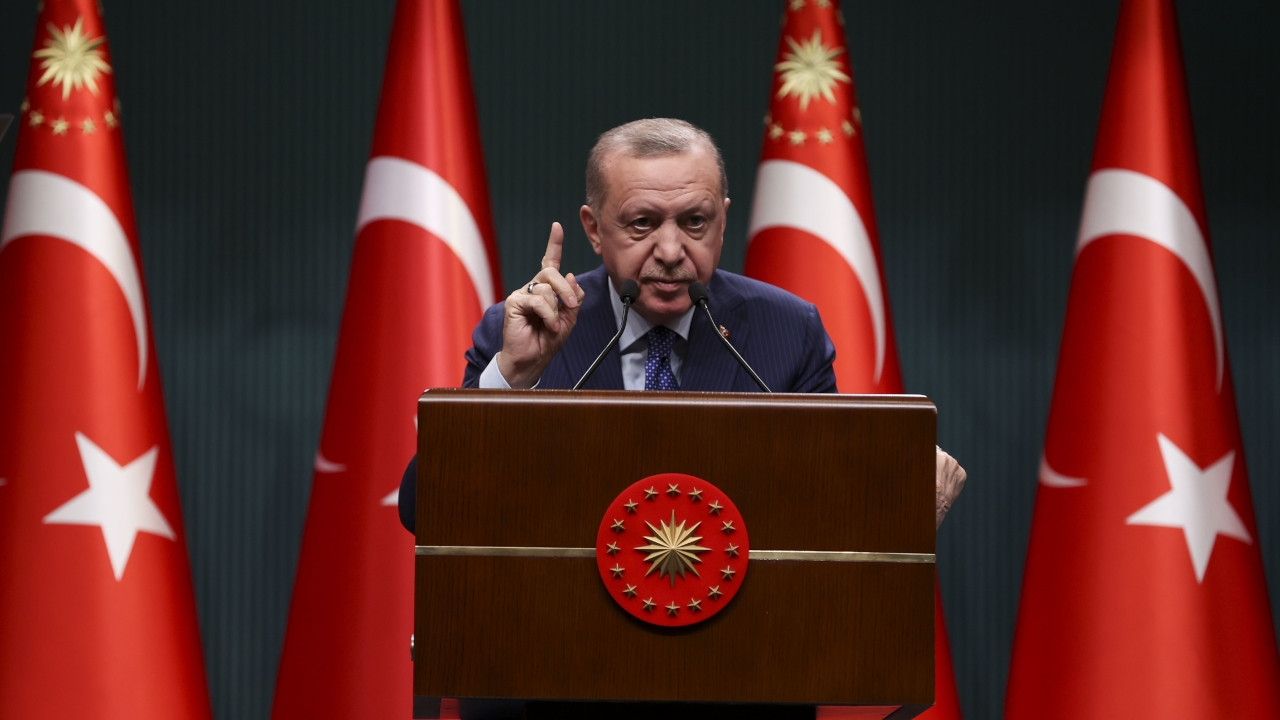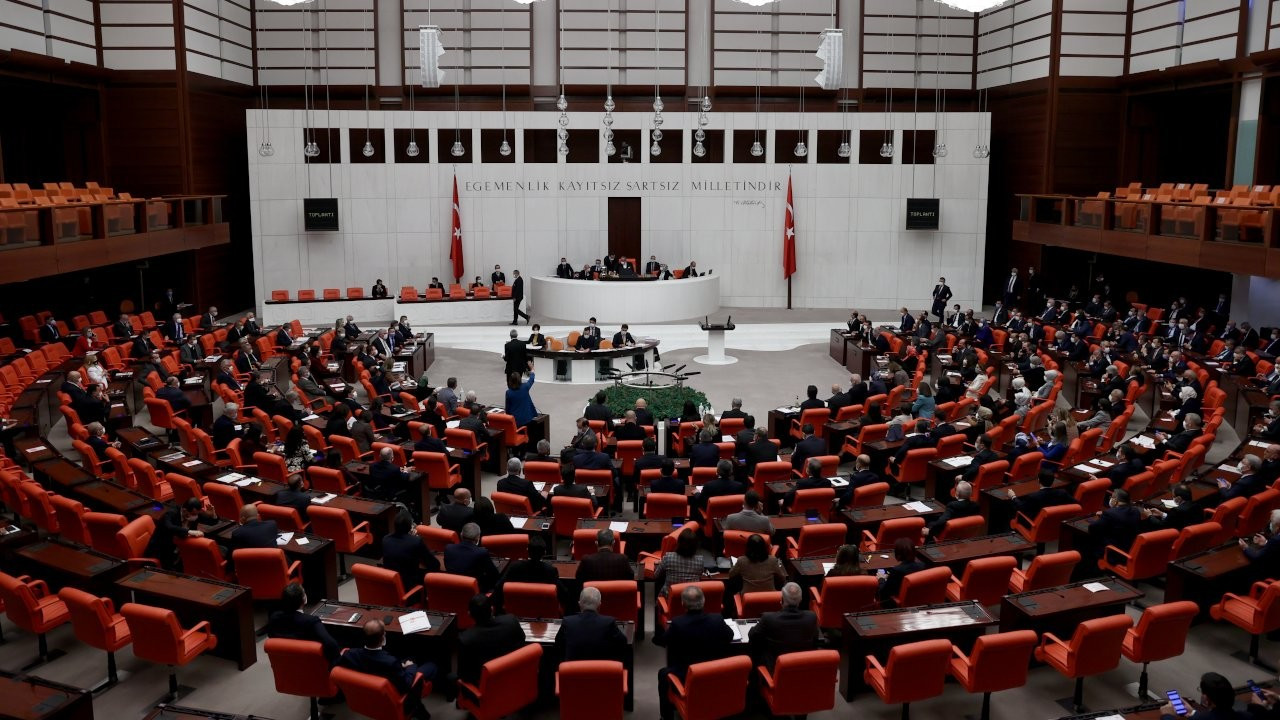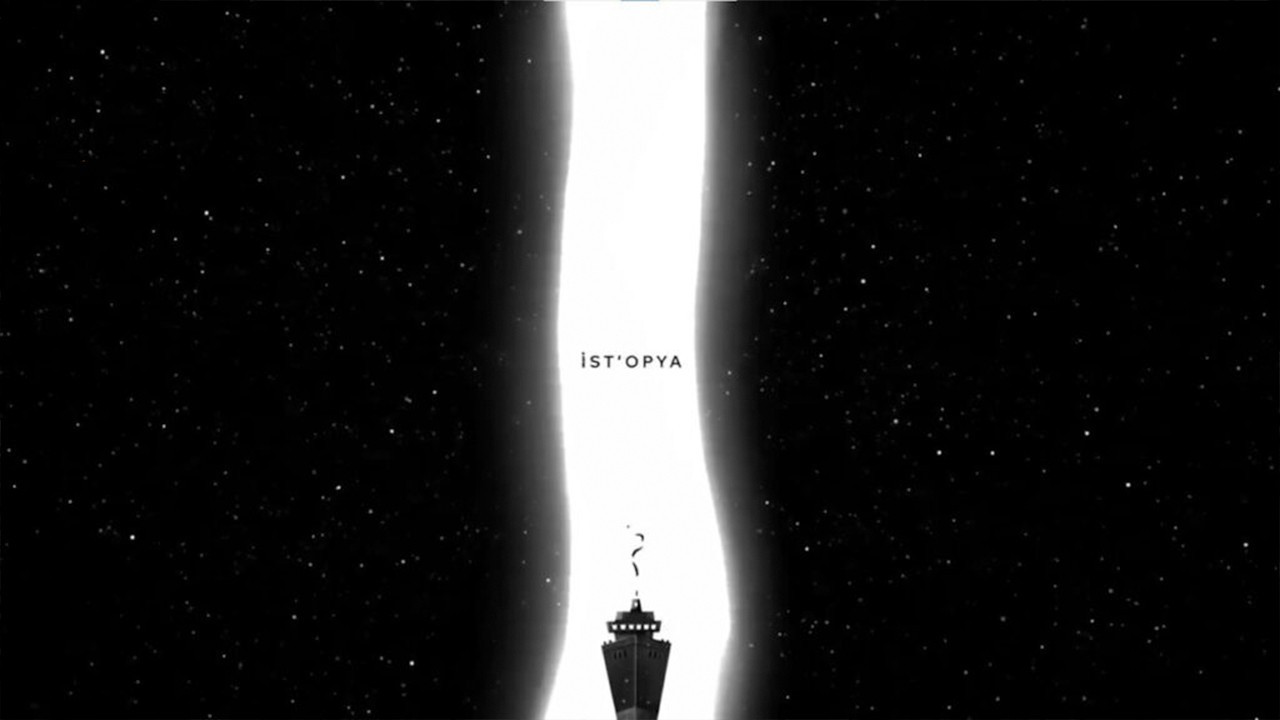Turkish gov't ally Bahçeli deems Montreux Convention 'our red line'
MHP leader Devlet Bahçeli has said that the Montreux Convention is "our red line," as he commented on a declaration released by 104 retired admirals. "Montreux is our red line which guarantees peace and stability in the Black Sea," he said.
Duvar English
Far-right Nationalist Movement Party (MHP) leader Devlet Bahçeli has deemed an 85-year-old maritime accord "a red line for us," as he commented on a declaration released by 104 retired admirals that has drawn backlash from the government.
"First of all, I would like to say that Montreux Convention signed in 1936 is a component and inseparable part of the Treaty of Lausanne," Bahçeli told members of his party during a parliamentary group meeting on April 6.
"At the same time, it is our red line which guarantees peace and stability in the Black Sea," said the MHP leader, who is a staunch supporter of President Recep Tayyip Erdoğan and his ruling Justice and Development Party (AKP).
"Moreover, there is no one in Turkey who opens the Montreux Convention for discussion or calls for abolishing it."
The Treaty of Lausanne – signed by Turkey on one side and Britain, France, Italy, Greece and their allies on the other in 1923 – recognized the modern Turkish state.
The Montreux Convention was signed in 1936, which gives Turkey control over its straits and regulates the transit of naval warships.
Bahçeli went onto slam the retired admirals for urging the government to preserve the Montreux Convention, as he adopted the government's discourse on the document going beyond freedom of expression and implying a coup.
"This crime cannot and will not go unpunished. This statement violates the law, and [it's] a weapon directed at the national will."
The former military officials on April 3 released a statement online urging against anything that could make the 1936 Montreux Convention the subject of debate. The retired admirals defended the accord as strategically important for security, given Erdoğan's authority to withdraw from such pacts. Last month, the president suddenly ditched an international accord meant to prevent violence against women, the Istanbul Convention.
Prosecutors in the capital Ankara subsequently launched an investigation into those behind the statement over conspiring against state security.
Kanal Istanbul debate
The declaration came as the government moves forward with plans to construct Kanal Istanbul, a massive canal connecting the Black Sea north of Istanbul to the Sea of Marmara to the south, parallel to the Bosphorus.
The statement also denounced efforts to show the Turkish Armed Forces and the Naval Forces as departing from the path laid down by Mustafa Kemal Atatürk, the founder of modern Turkey.
The military staged three coups between 1960-1980 and, with a statement by the National Security Council, pressured the first Islamist-led government out of power in 1997. Another coup was attempted in 2016.
The secularist armed forces were once the dominant force in Turkey but Erdoğan and his Islamist-rooted AKP have eroded their influence since coming to power in 2002.

 Now using anti-coup rhetoric, Bahçeli urged Turkish army to warn AKP in 2004Politics
Now using anti-coup rhetoric, Bahçeli urged Turkish army to warn AKP in 2004Politics Former admirals' declaration on Montreux Convention implies coup: ErdoğanPolitics
Former admirals' declaration on Montreux Convention implies coup: ErdoğanPolitics Turkish ex-MPs join former envoys, admirals in warning gov't to preserve Montreux ConventionPolitics
Turkish ex-MPs join former envoys, admirals in warning gov't to preserve Montreux ConventionPolitics Municipal video depicts dystopian future for city after Kanal IstanbulEnvironment
Municipal video depicts dystopian future for city after Kanal IstanbulEnvironment